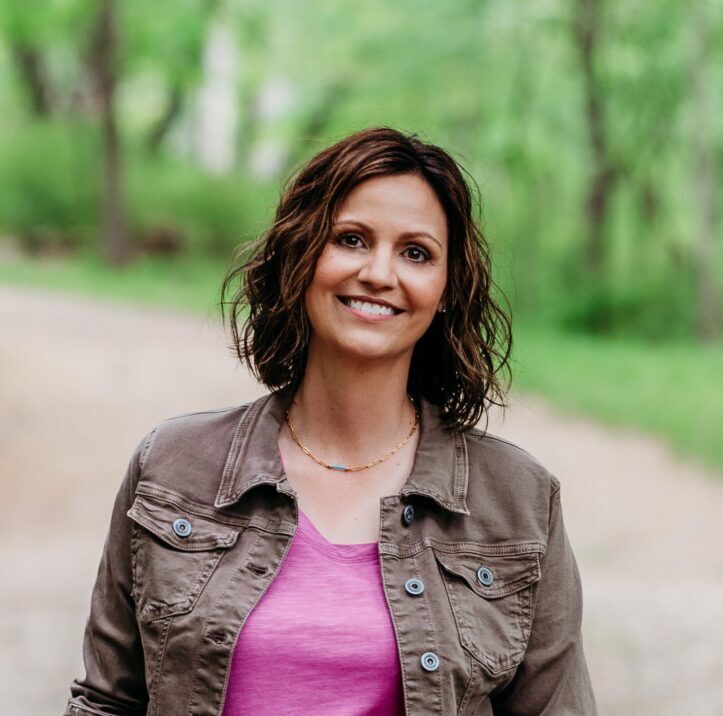Written by Stephanie Grunewald, PhD
After struggling with the tough decision of whether or not counseling is necessary for you, now it’s time to start looking for a clinician. The choices for therapists, clinicians, and counselors can feel overwhelming!
Note: We hope you read our previous blog about determining when counseling may be necessary. If not, be sure to do so here.
Learn more about how we might work together.
Contact Us
How do you know who is the right fit for you?
There are many factors to consider and they vary for each person. The clinicians at Restorative Counseling have compiled a list of questions new clients often ask along with questions we encourage new clients to ask. We hope this will help you consider factors that are important to you and to reinforce that you SHOULD ask questions! It is very important for you to feel comfortable with whomever you will see.
-
What can I expect our sessions to look like?
Every clinician has a different approach. However, counseling tends to be very different from what is portrayed in the media. You do not have to lay on a couch and share your deepest secrets. We will work together to explore what is causing you trouble and formulate a plan together for how to best meet your needs.
-
How often do you recommend meeting?
To be most effective, it is important to meet consistently. Typically, weekly sessions are recommended. Under some circumstances, clients may prefer to meet two times per week or on an every-other-week basis. This will be discussed with your clinician to determine the frequency of sessions depending on emotional needs, finances, and availability.
-
Is medication required for this to work?
No! Medication is not necessary for you to participate in counseling. For some clients, medication may maximize the effectiveness of treatment. Your clinician can discuss if it makes sense for you and provide necessary referrals. Clinicians can coordinate with prescribing doctors but we do not offer medication management at this time.
-
Can I start individual counseling and then bring in my partner at a later date?
We absolutely encourage people to consider whether or not services in addition to individual therapy may be necessary. We may determine it makes sense for your partner to come at some point or it may be best to connect you with another clinician to offer couples counseling. These options can be discussed together to determine what is best for your situation and needs.
-
What should I be doing to maximize my results?
This is a complicated question and it really depends on each individual. The early sessions should focus on developing a shared understanding of what you are experiencing, clarifying your goals and what you hope to achieve. Once this has been established, your goals can be created to help track progress. Depending on your need(s), your clinician’s orientation, and your goals, you may have tasks to complete in between sessions, you may be asked to try new strategies and techniques, etc. There are many ways clients can achieve desired results but what will work best for you must be determined specifically for you.
-
How will you or I know when I have made enough progress to stop meeting?
We decide this together. In the beginning, we will discuss your goals and will make a plan of how to achieve those goals. Together, we will monitor your progress and adjust goals when necessary. Goals may change, priorities may shift, or new circumstances may arise so we will continually monitor your progress and adjust accordingly.
-
What is your style? Do you offer advice or are you more neutral?
Each clinician should be able to tell you a bit about how they approach counseling. In general, we are not here to tell you what to do. However, we might offer strategies or techniques to try. Our goal is always to work with you to determine the best way to achieve meaningful change but there is no one way to do so. Just as you are individually unique, so are styles of the individual clinician and each therapeutic relationship.
-
What if I disagree with something you said or suggest?
Tell us! The more feedback you give us, the more helpful we can be. Feedback allows us to improve in our work and to make sure we’re being as effective as we can be. What may work for someone else, may not work for you. Sharing your thoughts, feelings, and opinions is vital for your therapeutic relationship and, ultimately, your progress.
-
What if we are not a good fit; how do I tell you?
Sometimes a clinician may not be a great match; this can happen for many reasons and it’s OK!. It is important to start your therapeutic process off right and we encourage you to be honest when you meet a clinician for the first time and raise your concerns. You are establishing the groundwork for success. It can take time to develop a trusting relationship, but it may also be best to work with someone who is a better fit. We will gladly provide referrals for other clinicians when necessary.
Two additional tips to consider:
- Search online – many directories can help you find clinicians but it is very important to visit their website and get a sense of who they are. Does their bio speak to you? Do you sense they can help you? How credible do they appear?
- Ask family and friends – if they are in counseling, what has been helpful to them in finding the clinician that has helped them? How did they make the decision to choose who to work with?
It is our hope that these questions can help you find the right fit for you. Counseling is hard work, but it is important to remember what led you to take the next step toward helping yourself.
We are here and ready to help you uncover your best self! Contact us now to schedule an appointment with Restorative Counseling.

Hello! I’m Stephanie.
I help adults identify strengths and learn strategies to manage stress, deal with life transitions, and overcome anxiety. Read more about me.
Follow Restorative Counseling
Sign up for our newsletter

